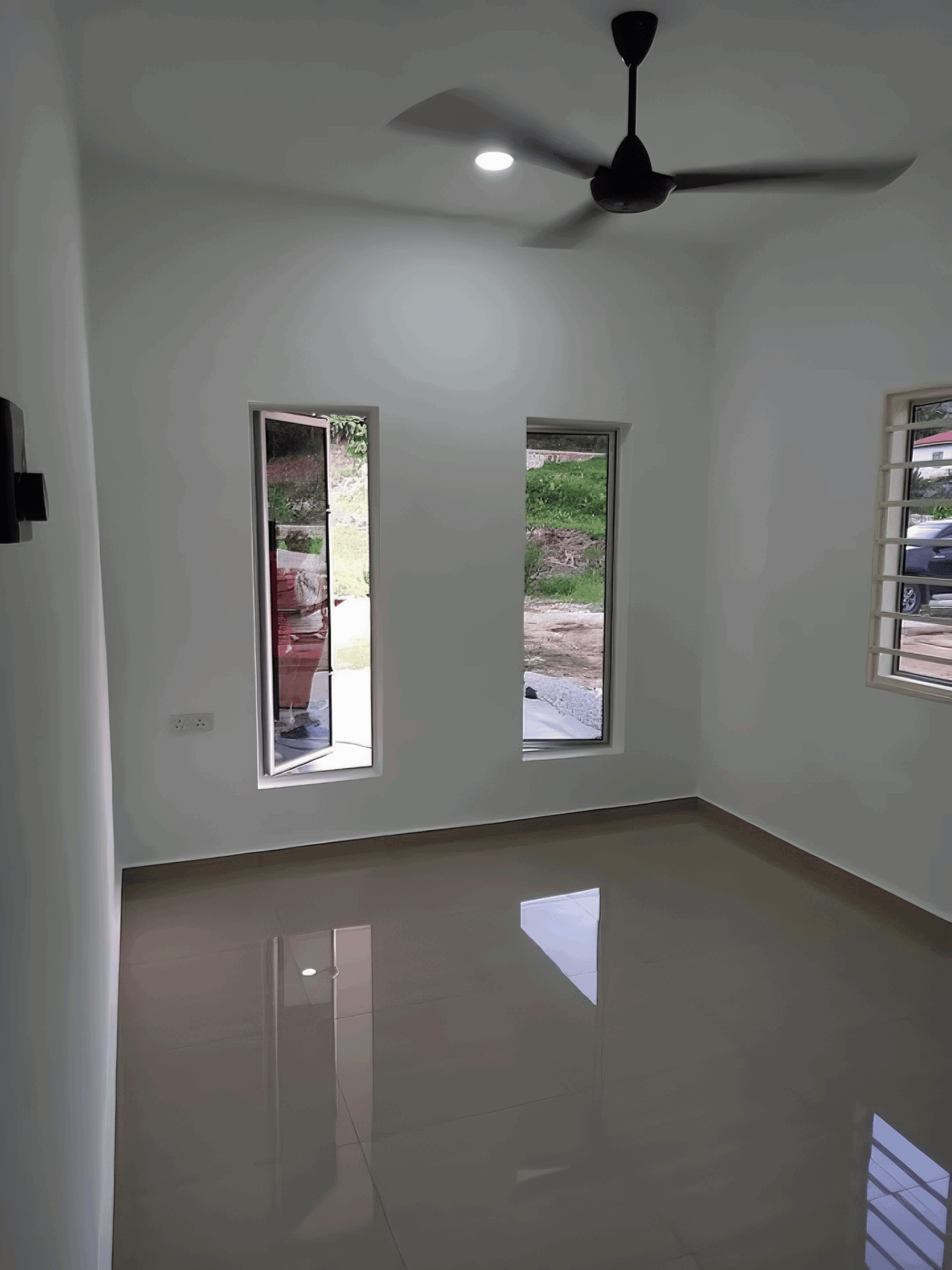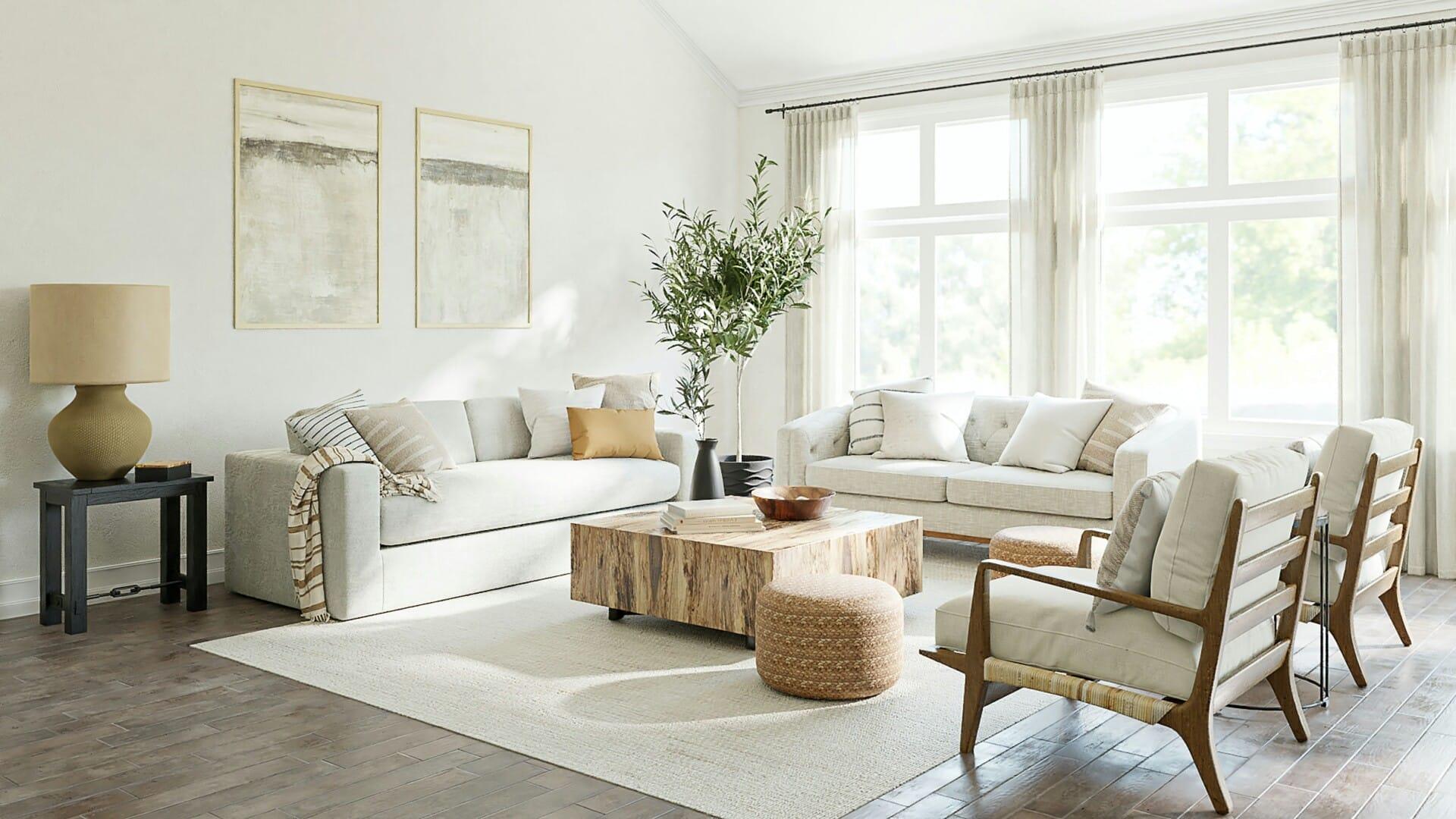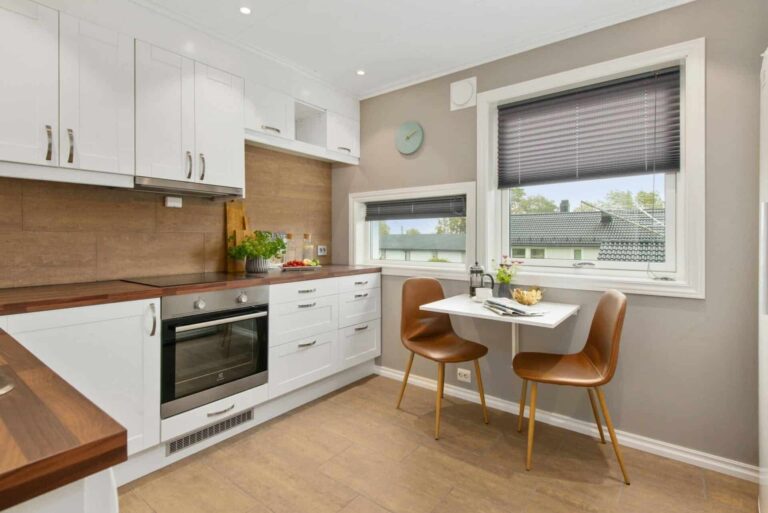As the sun rises over Malaysia’s vibrant cities and tranquil countryside, a renaissance is quietly transforming the way we view our living spaces. The realm of home design is undergoing a dynamic shift, reflecting a blend of cultural heritage, modern innovation, and a profound connection to nature. In a nation celebrated for its rich tapestry of ethnic diversity, the latest home design trends in Malaysia encapsulate more than just aesthetics—they tell stories of tradition, sustainability, and the ever-evolving lifestyle of its inhabitants. From sleek minimalist designs that embrace functionality to lush interiors that celebrate the country’s tropical allure, homeowners and designers alike are reimagining what it means to create a sanctuary. This article delves into the latest home design trends making waves across Malaysia, exploring how these ideas harmonize with the nation’s climate, culture, and contemporary aspirations, and inviting you to reimagine your own living space in the process. Join us as we uncover the inspirational elements shaping Malaysian homes today.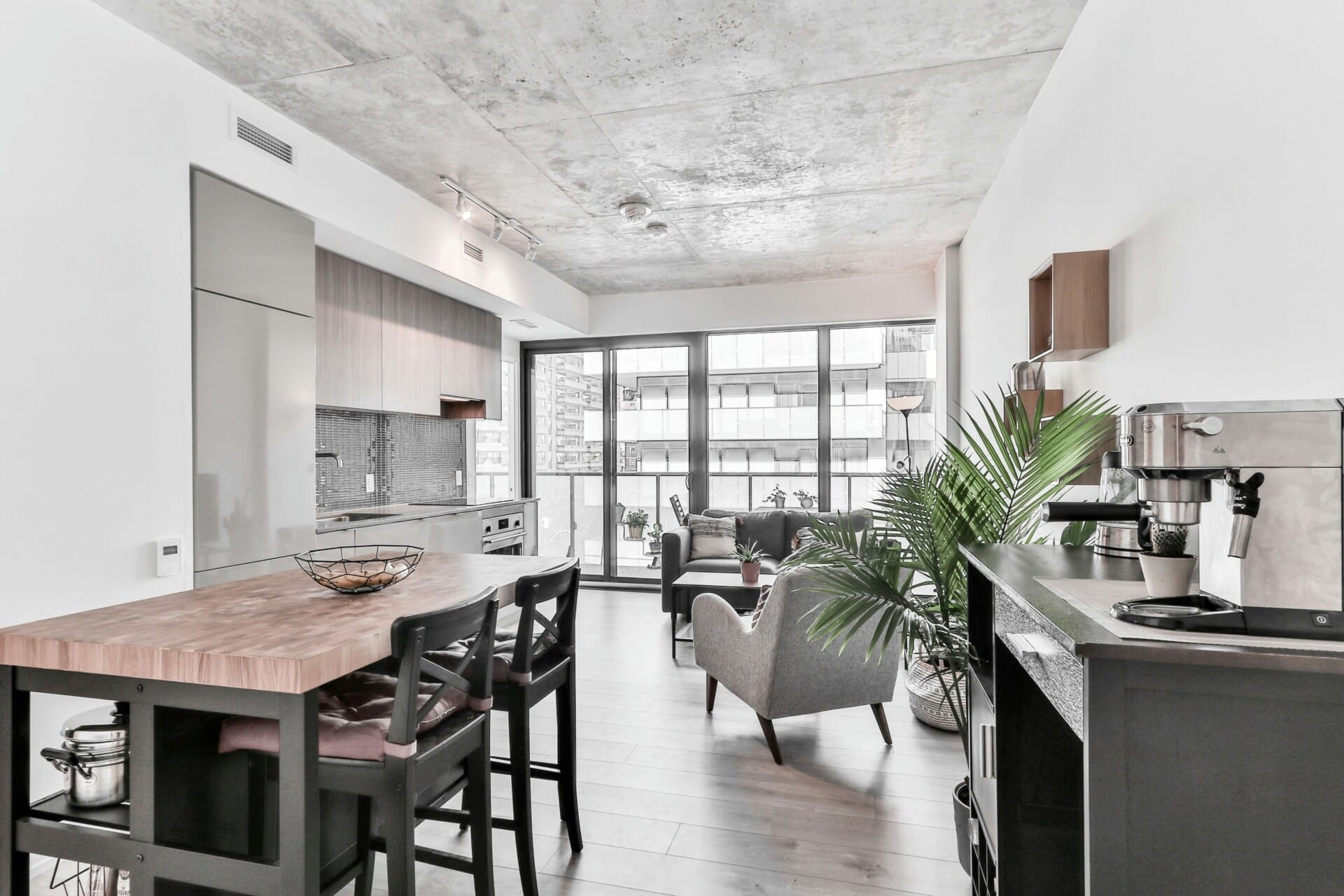
Modern Minimalism Embracing Open Spaces and Clean Lines
In contemporary Malaysian homes, the allure of modern minimalism is becoming increasingly prominent. This design aesthetic prioritizes open spaces, where each room flows effortlessly into the next, creating a sense of tranquility and unity. Clean lines are a hallmark of this style, offering a visual clarity that avoids clutter, thereby enhancing both the aesthetic and functional aspects of living spaces. By choosing furniture that embodies simplicity, homeowners can ensure that every piece serves a purpose while also contributing to an airy atmosphere.
Colors play a crucial role in achieving this aesthetic. Neutral palettes, often punctuated with subtle pops of color, help maintain a calm environment that reflects modern minimalism’s philosophy of “less is more.” A few key elements to consider in color selection include:
- Soft Whites: These create an illusion of spaciousness.
- Earthy Tones: These provide warmth without overwhelming the senses.
- Muted Pastels: These add a touch of personality while maintaining a minimalist vibe.
Furniture arrangements in minimalist spaces are key to achieving harmony. Instead of bulky, oversized pieces, the trend leans toward sleek, modular designs that can be easily rearranged to suit different occasions. The concept of multi-functional furniture is gaining traction, allowing homeowners to maximize floor space without compromising on style. Consider this table of popular minimalist furniture options:
| Furniture Item | Features |
|---|---|
| Modular Sofa | Customizable layout; space-saving |
| Foldable Desk | Convenient and compact; perfect for small spaces |
| Storage Ottoman | Stylish seating; hidden storage |
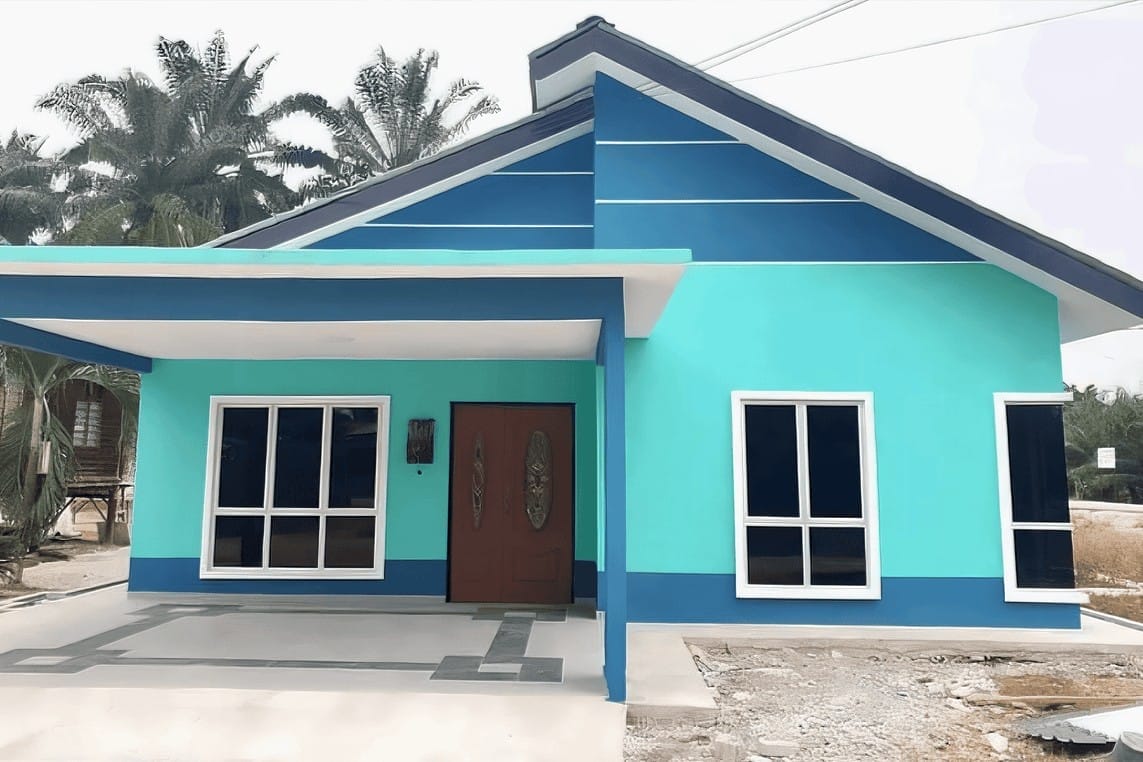
Nature-Inspired Interiors Blending Indoor and Outdoor Elements
Bringing the lushness of the outdoors into our living spaces has become a defining trend in recent Malaysian home designs. Nature-inspired interiors are all about blurring the lines between indoor and outdoor elements, creating a harmonious balance that enhances well-being. By incorporating large windows and glass doors, homeowners can invite natural light and scenic views inside, celebrating the ever-changing beauty of nature throughout the seasons.
In terms of materials, the trend leans towards organic textures and finishes that evoke a sense of tranquility. Natural wood, stone, and earthy fabrics can be seamlessly integrated into modern aesthetics, producing an inviting atmosphere. Think of using reclaimed wood for furniture, stone accent walls, or jute rugs that evoke a cozy, rustic feel. These elements serve not only to beautify the home but also to foster a connection to the surrounding environment.
| Element | Description |
|---|---|
| Indoor Plants | Adds freshness and purifies air, enhancing interior aesthetics. |
| Water Features | Incorporates soothing elements, promoting relaxation and peace. |
| Open Spaces | Encourages free flow of air and movement, linking different areas. |
| Natural Light | Utilizes sunlight to reduce energy costs and create a bright atmosphere. |
Incorporating furniture that reflects a sense of the outdoors further enhances this design aesthetic. Pieces made from sustainable materials paired with neutral or earthy color palettes create a serene vibe reminiscent of nature itself. With the rise of customizable furniture options, homeowners can select items that not only complement their indoor spaces but also serve as functional bridges to their outdoor areas, such as patio-inspired seating that feels equally at home within a garden oasis. This approach not only elevates design but also nurtures a lifestyle that prioritizes sustainability and environmental awareness.
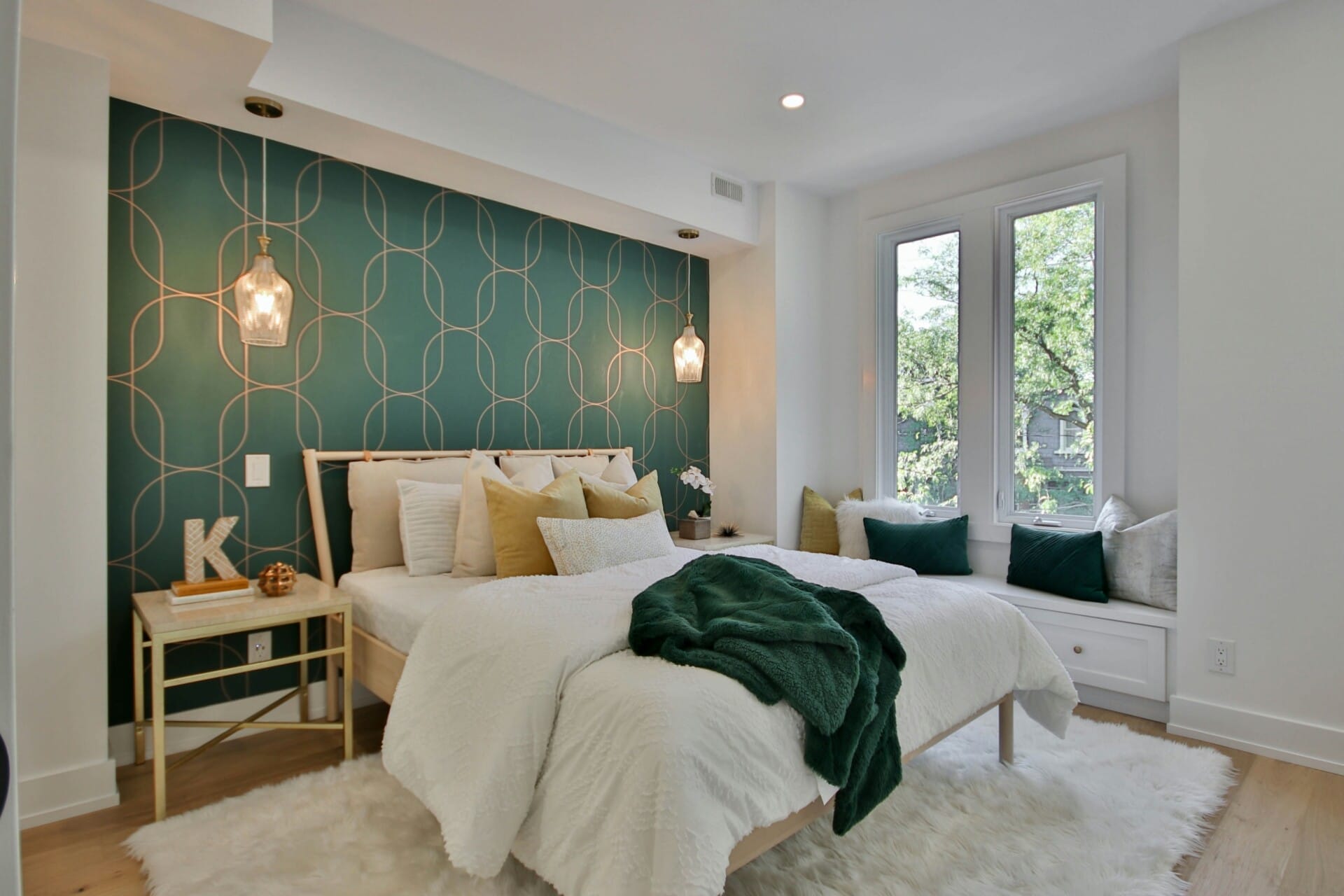
Sustainable Materials Prioritizing Eco-Friendly Design Choices
In the quest for a more sustainable future in home design, innovators in Malaysia are integrating eco-friendly materials into contemporary aesthetics. This approach not only minimizes environmental impact but also enhances the beauty and functionality of residential spaces. While traditional materials often come with high carbon footprints, sustainable alternatives offer a chance to create elegant interiors without compromising the health of our planet.
Designers are increasingly opting for materials such as bamboo, reclaimed wood, and recycled metals, which not only reduce waste but also add unique characteristics to homes. Here are some notable benefits of these eco-friendly options:
- Bamboo: Fast-growing and renewable, bamboo is incredibly strong and suitable for various applications, from flooring to furniture.
- Reclaimed Wood: Using salvaged timber adds a rustic charm and reduces the demand for new lumber, making it a popular choice among eco-conscious homeowners.
- Recycled Metals: Incorporating repurposed aluminum or steel offers durability while minimizing resource extraction and energy consumption.
Coupled with these materials, eco-friendly design choices also embrace energy efficiency and natural lighting. Implementing features such as solar panels, green roofs, and large windows that maximize daylight creates a harmonious balance between functionality and sustainability. Below is a comparison of some common materials and their sustainable counterparts:
| Conventional Material | Sustainable Option |
|---|---|
| Concrete | Compressed Earth Blocks |
| New Timber | Reclaimed Timber |
| Plastic Fixtures | Biodegradable Alternatives |
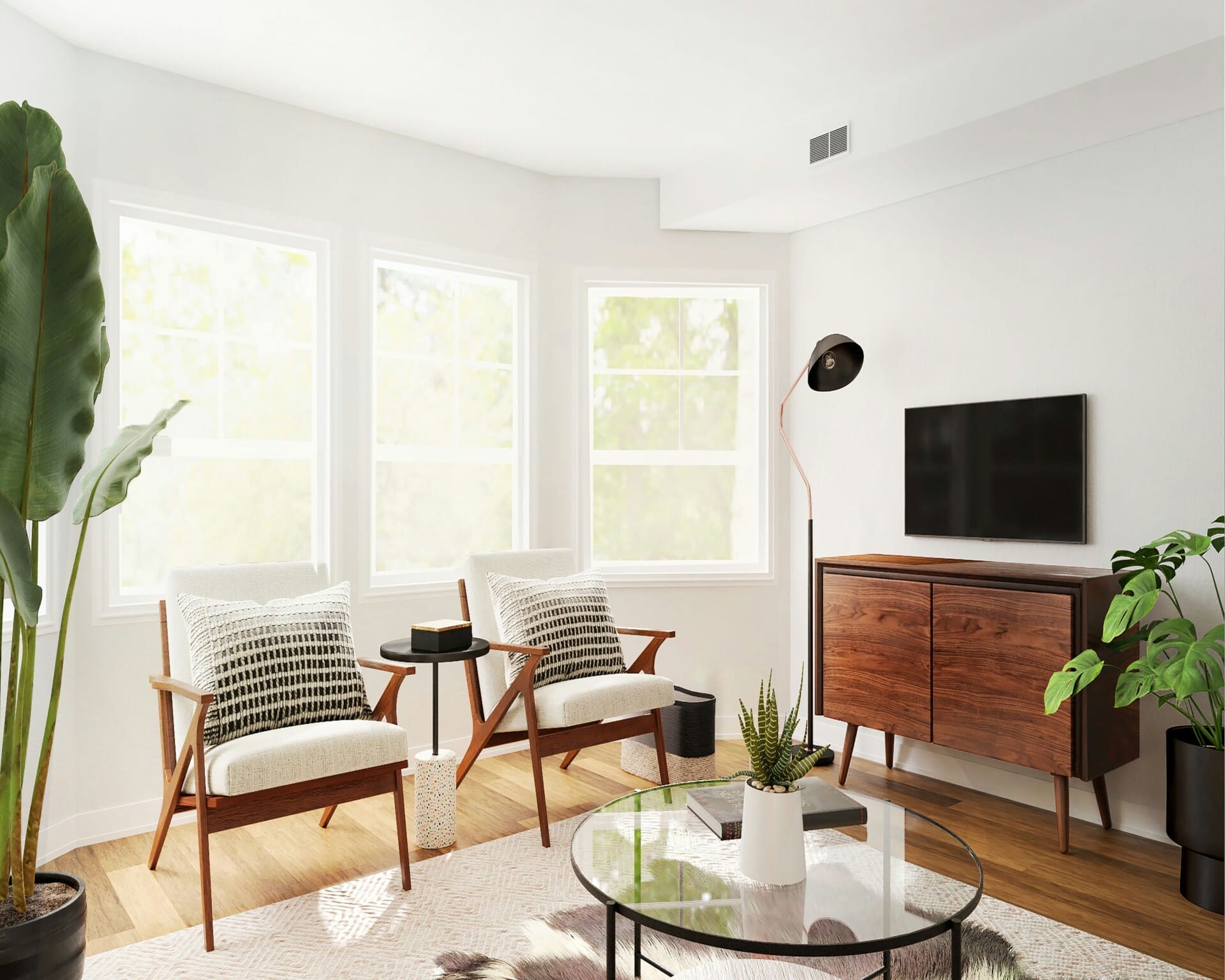
Technological Integration Smart Homes Enhancing Lifestyle Convenience
html
As the demand for modern living spaces rises, integrating technology into our homes has become increasingly fundamental in Malaysia's latest design trends. A smart home leverages technology to automate daily tasks, providing not only convenience but also enhancing safety and efficiency. From intelligent lighting systems that adapt to your lifestyle to advanced security measures that keep your property safe, the incorporation of these innovations leads to a seamless living experience.
One of the standout features of contemporary smart homes is the ability to control devices through mobile applications or voice commands. Whether it's adjusting the thermostat before returning home or turning off the lights from bed, homeowners are embracing convenience like never before. Some of the most sought-after smart technologies include:
- Smart Thermostats: Optimize heating and cooling automatically.
- Smart Security Systems: Real-time monitoring from your smartphone.
- Automated Lighting: Control ambiance with just a tap or voice command.
- Smart Appliances: Enhance functionality with Wi-Fi enabled devices.
Moreover, the integration of renewable energy solutions, such as solar panels and energy-efficient appliances, enhances both sustainability and operational efficiency in smart homes. A table illustrating the benefits of common smart home technologies can further depict their impact:
Technology
Benefits
Smart Thermostat
Reduces energy costs by learning preferences
Smart Security System
Increases peace of mind with real-time alerts
Automated Lighting
Enhances ambiance and saves on electricity
Smart Appliances
Improves convenience and efficiency in daily tasks
Q&A
Q&A on Latest Home Design Trends in Malaysia
Q1: What are the most prominent home design trends emerging in Malaysia this year?
A1: This year, we see a delightful fusion of traditional and contemporary styles, often referred to as “modern Malaysian.” Elements such as intricate woodwork and local textiles are being blended with modern furniture and technology. Additionally, eco-friendly designs that emphasize sustainability and green materials are gaining traction, reflecting a growing awareness of environmental impact.
Q2: How are Malaysians incorporating nature into their home designs?
A2: Nature-inspired designs are becoming increasingly popular. Homeowners are opting for biophilic designs that connect indoor spaces with the outdoors. This includes large windows for natural light, indoor gardens, and the use of natural materials like bamboo and rattan. Vertical gardens and green walls are also trending, making homes feel more serene and inviting.
Q3: What role does technology play in home design trends in Malaysia?
A3: Technology is seamlessly integrating into home designs, making smart homes a significant trend. From automated lighting systems to smart appliances and security measures, technology enhances convenience and efficiency. Homeowners are increasingly interested in systems that can be controlled remotely through smartphones, allowing for a more connected and functional living space.
Q4: Are there specific color palettes that are trending in Malaysian home design?
A4: Yes, serene and earthy color palettes are very much in vogue. Shades of green, terracotta, and muted neutrals are being favored for their calming effect and ability to create a welcoming atmosphere. Bold accent colors, inspired by local culture and natural surroundings, are also being used to add personality and vibrancy to spaces without overwhelming them.
Q5: How are local cultural influences shaping home designs?
A5: The rich tapestry of Malaysia’s diverse cultures is indeed shaping home design. Incorporating traditional motifs and craftsmanship into modern aesthetics allows for a unique identity in home decor. Elements like batik fabrics, traditional tile patterns, and local crafts are being used not just as decor, but as expressions of heritage, creating a more personal touch in contemporary settings.
Q6: What should homeowners consider when adopting these trends?
A6: Homeowners should prioritize their lifestyle and needs when adopting these trends. It’s essential to strike a balance between style and functionality. Additionally, considering climate and sustainability can influence choices significantly. Mixing new trends with personal tastes and meaningful artifacts often leads to creating a warm and inviting home that reflects the owner’s unique story.
Q7: Are there any pitfalls to avoid when embracing new home design trends?
A7: Absolutely! One common pitfall is following trends too rigidly without incorporating one’s personal style. It’s also important to consider practicality—trendy designs can be beautiful but may not always serve functionality well in the long run. Moreover, going overboard with trends can lead to a cluttered space rather than a cohesive and soothing environment.
Q8: How can someone find inspiration for their home design project?
A8: Inspiration can come from various sources. Visiting local design exhibitions, exploring design magazines, and browsing social media platforms dedicated to interior design are excellent starting points. Additionally, engaging with local artisans and home decor shops can provide unique ideas that are both fashionable and culturally rich, making the design process more personalized and enjoyable.
—
This interaction offers a comprehensive overview of the current home design trends in Malaysia, blending modernity and tradition while emphasizing personal expression and sustainability.
Wrapping Up
As we wrap up our exploration of the latest home design trends in Malaysia, it’s clear that this vibrant nation is at the forefront of creative and sustainable living. From the harmonious blend of contemporary aesthetics with cultural heritage to the embrace of eco-friendly materials, the Malaysian design landscape continues to evolve in exciting ways. Whether you’re considering a complete renovation or simply seeking inspiration for your next home project, these trends offer a fresh perspective on how to create spaces that are not just visually appealing but also reflect the rich tapestry of Malaysian life. As the future of home design unfolds, let’s embrace the artistry and innovation that makes Malaysian homes uniquely beautiful. Happy decorating!